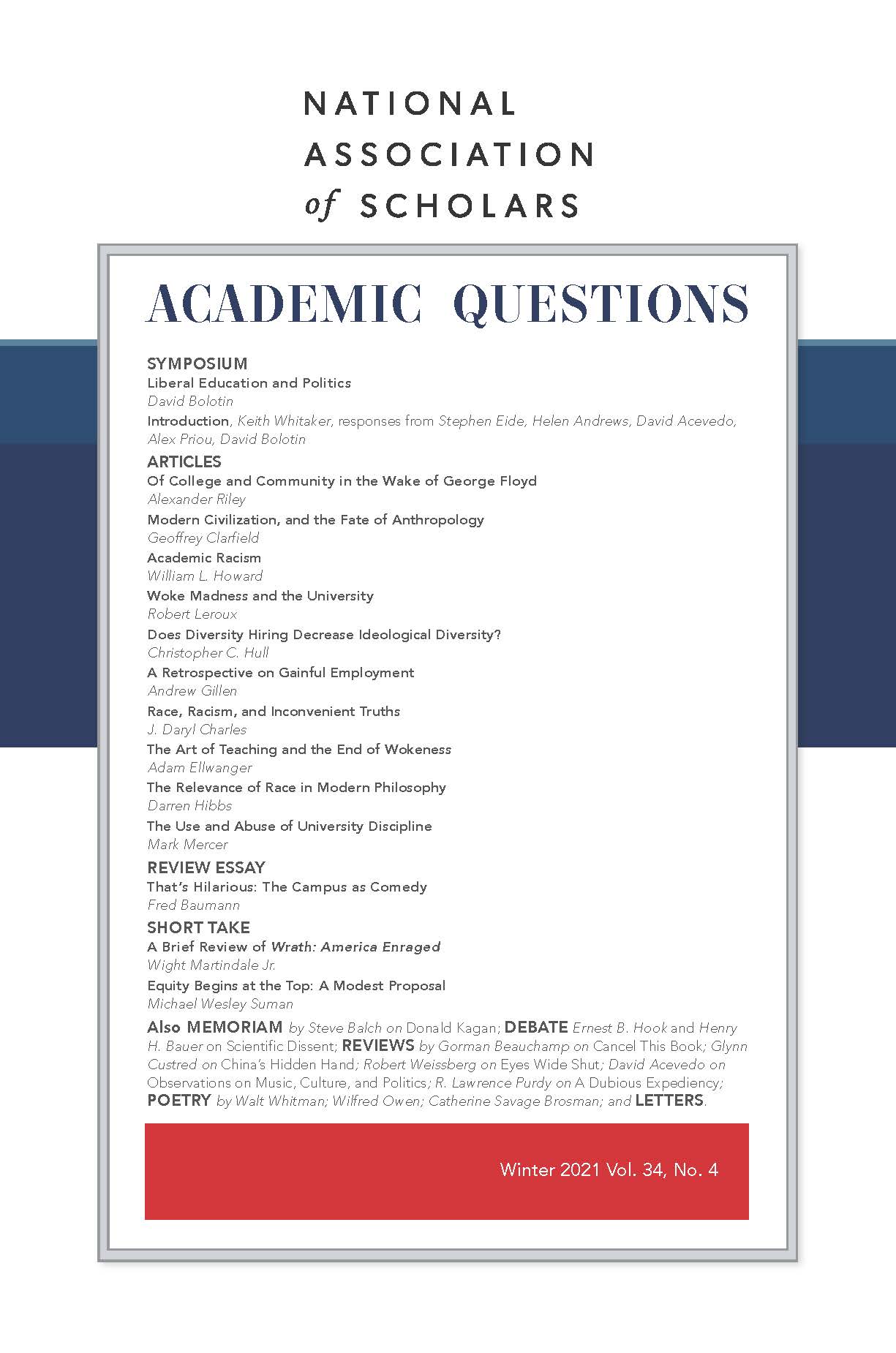Cavalry Crossing a Ford
Walt Whitman (1819-1892)
A line in long array where they wind betwixt green
islands,
They take a serpentine course, their arms flash in the sun—
hark to the musical clank,
Behold the silvery river, in it the splashing horses loiter-
ing stop to drink,
Behold the brown-faced men, each group, each person a
picture, the negligent rest on their saddles,
Some emerge on the opposite bank, others are just entering
the ford—while,
Scarlet and blue and snowy white,
The guidon flags flutter gayly in the wind.
Anthem for Doomed Youth
Wilfrid Owen (1893-1918)
What passing bells for those who die as cattle?
Only the monstrous anger of the guns.
Only the stuttering rifles rapid rattle
Can patter out their hasty orisons.
No mockeries for them from prayers or bells,
Nor any voice of mourning save the choirs,—
The shrill, demented choirs of wailing shells;
And bugles calling for them from sad shires.
What candles may be held to speed them all?
Not in the hands of boys, but in their eyes
Shall shine the holy glimmers of good-byes.
The pallor of girls’ brows shall be their pall;
Their flowers the tenderness of silent minds,
And each slow dusk a drawing-down of blinds.
Dinant, August 1914
Catharine Savage Brosman
Late June ’14: an Austrian archduke died
by an assassin’s hand. A pawn, that’s all.
The chessboard changed; alliances and pride
moved pieces toward an end none could forestall.
Mid-August, Feast of the Assumption: war
now two weeks old. In Belgium, on the Meuse,
Dinant had been contested twice before.
This time the Teuton forces would not lose.
French fighters occupied the Citadel,
when Jägers, with machine guns, overcame
them, leaving one-half dead. The stronghold fell
again that very day—a deadly game
foreshadowing the trenches. Germans massed
Their troops, secured pontoons. First, raids at night.
The 23rd, they crossed: blast after blast,
grenades and cannon, houses fired, to spite
resistance. In one month, a thousand dead
civilians, pillage, executions, rape,
two libraries in ruins—and ahead
four years of butchery, with no escape.
To what avail were pacts, with Europe, torn,
gouged out, perhaps nine million soldiers killed?
Though time grew late, the peace was never born.
War is the poisoned fruit that we have willed.
Catharine Savage Brosman is professor emerita of French at Tulane University; [email protected]. Her forthcoming book, Arm-in-Arm: Poems is set to appear in spring-summer 2022 from Mercer University Press.













